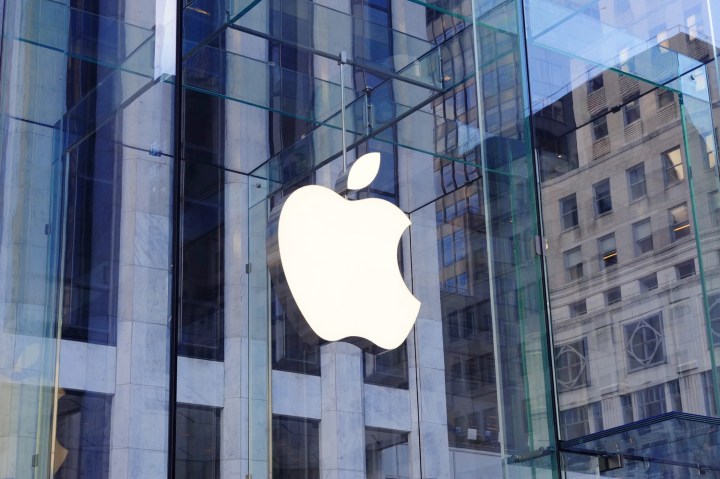
Silent Circle is a security company that offers encrypted software services, as well as secure devices like the Blackphone and the Blackphone 2. Before co-founding Silent Circle, as well as Pretty Good Privacy, Callas worked at Apple in the 1990s, then returned between 2009 and 2011 to design an encryption system for data protection on Macs, according to Reuters.
Rehiring Callas wouldn’t seem like too much of a big deal if it didn’t happen in the backdrop of a massive encryption fight between Apple and the U.S. Department of Justice.
It all began after the San Bernardino, California, shooting, which left 14 people dead. One of the shooters left behind a locked iPhone, and while Apple cooperated with authorities at first, it refused to comply with a court order that demanded it to create a tool to weaken the encryption on the iPhone.
Apple feared such a tool could be replicated and would allow for backdoor access into all iPhones — thereby threatening the security and privacy of its customers. The tech community, privacy advocates, and human rights groups agreed.
The FBI dropped the case a mere day before the court date, as it managed to gain access into the phone after paying professional “gray hat” hackers. It dropped a second case a few weeks later over a locked iPhone in New York.
Apple, Google and other companies have repeatedly faced requests and orders from the government demanding access into these devices. These companies have complied in the past, but ever since the National Security Agency leaks by Edward Snowden in 2013, there has been an increased resistance in giving consumer data away.
Apple said it would make iOS and its upcoming devices even more secure, hoping to keep out not only the government, but also cyber criminals. The company’s rehiring of Callas may be aimed at making that happen.
Editors' Recommendations
- Security experts just found two giant smartphone privacy issues
- Vital security update for Apple devices takes only a few minutes to install
- Experts tell us why the Apple Watch Ultra doesn’t cut it for them
- The M1 has a major security loophole that Apple can’t patch
- Samsung Expert RAW vs. Apple ProRAW


